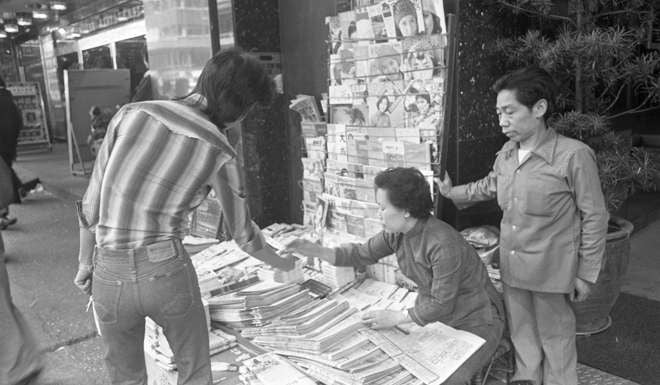
Newspaper hawker licences dry up as Hong Kong changes its habits, government says
Government willing to work with stall holders and discuss allowing other items to be sold

Newspaper hawker licences are no longer being issued, the government confirmed Wednesday.
Amid the impending demise of dai pai dong – the practice of selling cheap food in open-air stalls – Secretary for Food and Health Dr Ko Wing-man said the government had not issued newspaper hawker licences “under normal circumstances” since 2000 and had no plans to issue more.
“Changes in the circumstances of society, an increase in the number of sales outlets of newspapers and magazines, the distribution of free newspapers and fierce competition from other forms of media have contributed to lowering the general public’s demand for the provision of newspapers and magazines by on-street newspaper hawkers,” Dr Ko said in a written reply to the Legislative Council.
Back when convenience stores were not on every street corner and when media was not yet digitised, Hong Kong people depended on hawkers for their favourite newspapers every morning.

Today, however, there are just 420 newspaper hawkers operating in Hong Kong, down from more than 1,000 in 1995.
Dr Ko said the department would listen to the views of the newspaper hawkers and their suggestions to sell other items. In the past the government has allowed hawkers to sell other items in addition to newspapers, such as tissues, cigarettes, bottled distilled water and chewing gum.
“On one hand, the government will continue to provide a convenient business environment for the activities of licensed newspaper hawkers. On the other hand, it also has the responsibility of regulating on-street hawking activities, maintaining good order, minimising nuisances to the environment, as well as lowering the impact on residents nearby,” Dr Ko said.